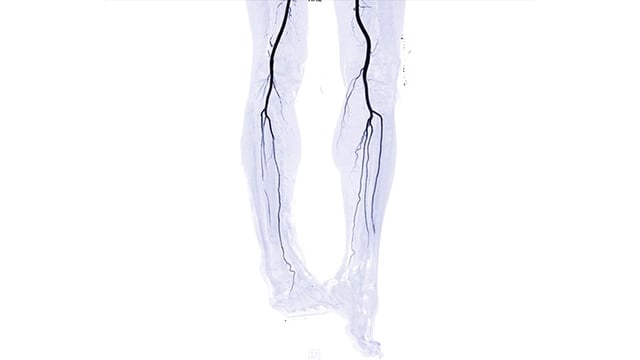Overview
- A July Circulation analysis of 460,544 UK Biobank participants showed that each 75 nmol/L rise in Lp(a) increased peripheral artery disease risk by 18% and carotid stenosis risk by 17%, with levels ≥150 nmol/L tied to a 1.6-fold greater risk of major adverse limb events.
- Although about 20% of Americans have elevated Lp(a), fewer than 1% of people with atherosclerotic cardiovascular disease are tested for it.
- The AHA’s Community Health Centers Discovery Project grew to 20 sites in 2025, and new screening protocols at these centers have driven measurable increases in Lp(a) testing.
- Lp(a) concentrations are determined by genetics and unaffected by diet or lifestyle, making a single test vital for lifelong cardiovascular risk assessment.
- Early-phase trials of oral Lp(a)-lowering agents have commenced to address residual cardiovascular risk beyond standard cholesterol treatments.
